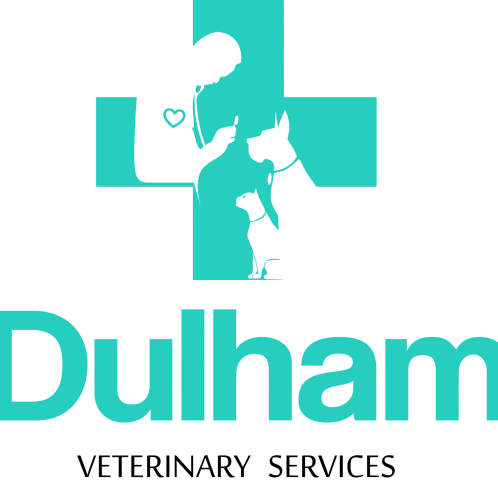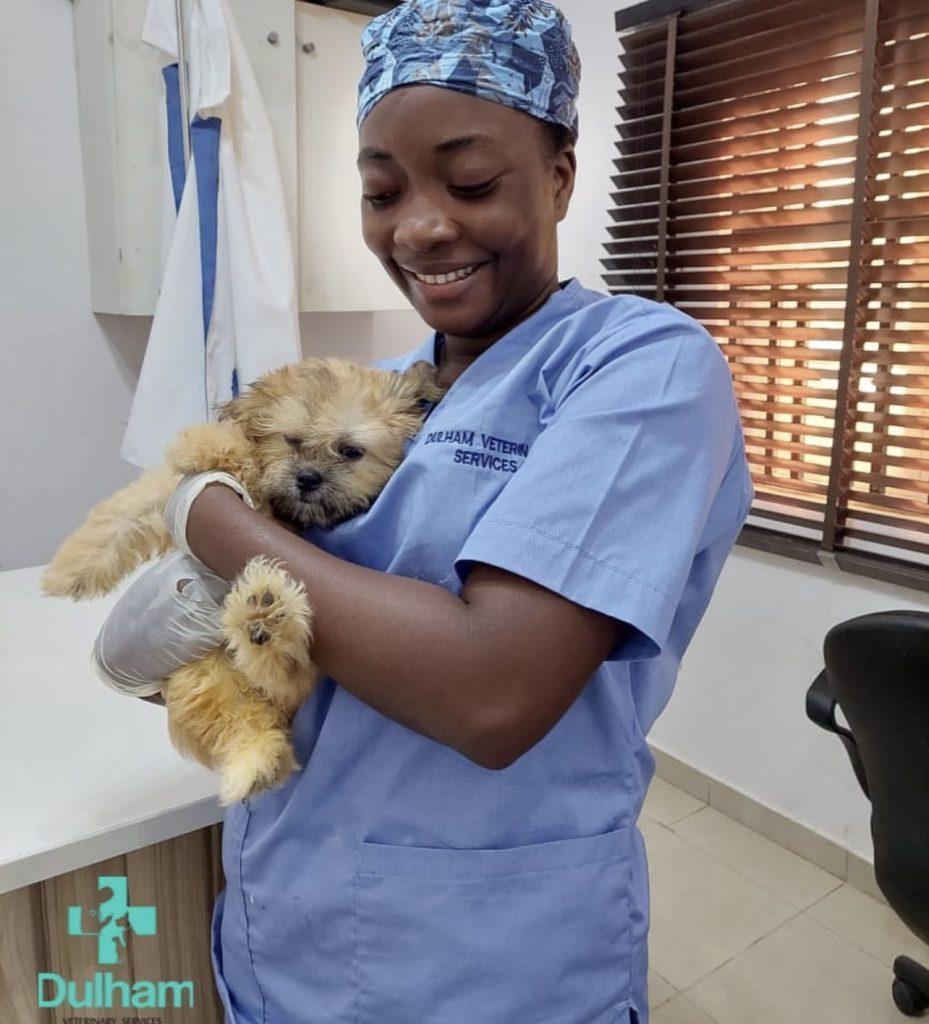Regular veterinary consultations are the cornerstone of a long, healthy life for your pet. Learn how these proactive appointments can detect issues early, save on medical costs, and provide peace of mind for pet parents.
Why Preventive Pet Care Should Be Every Pet Owner’s Priority
When it comes to our beloved four-legged family members, nothing matters more than their health and happiness. Yet many pet owners wait until their pet is visibly ill before scheduling a veterinary visit. This reactive approach can lead to more serious health complications, higher treatment costs, and unnecessary suffering for your pet.
Preventive pet care consultations are scheduled veterinary visits that occur when your pet appears healthy. These regular checkups allow veterinarians to detect potential health issues before they become serious problems, establish baseline health metrics, and create tailored wellness plans for your pet’s specific needs.
Key Components of Preventive Pet Care Consultation
A comprehensive preventive pet care consultation typically includes:
Physical Examination
During a preventive care visit, your veterinarian will conduct a thorough physical examination of your pet. This includes checking their weight, temperature, heart rate, respiratory rate, and assessing body condition. The vet will also examine your pet’s eyes, ears, teeth, skin, and coat for any signs of abnormalities.
Vaccination Assessment and Updates
Preventive care consultations provide an opportunity to review your pet’s vaccination status and update any vaccines that are due. Your veterinarian can discuss which vaccines are essential based on your pet’s lifestyle, geographic location, and risk factors.
Parasite Prevention and Control
Regular checkups include discussions about parasite prevention strategies. Your veterinarian will recommend appropriate preventive medications for fleas, ticks, heartworms, and intestinal parasites based on your pet’s specific needs and environmental exposure.
Nutritional Counseling
Diet plays a crucial role in your pet’s overall health. During preventive care visits, your veterinarian can assess your pet’s nutritional needs and make recommendations for appropriate diets based on their age, breed, activity level, and any existing health conditions.
Behavior Assessment
Preventive care consultations also provide an opportunity to discuss any behavioral concerns you may have about your pet. Early intervention for behavioral issues can prevent them from escalating into more serious problems.
The Financial Benefits of Preventive Pet Care
Many pet owners hesitate to schedule regular veterinary visits due to concerns about cost. However, preventive pet care consultations can actually save money in the long run by:
Detecting Health Issues Early
When health problems are identified in their early stages, they are typically easier and less expensive to treat. For example, detecting dental disease early may require a simple cleaning, while advanced dental disease might necessitate extractions or specialized treatments.
Avoiding Emergency Veterinary Visits
Emergency veterinary care is significantly more expensive than scheduled preventive care. By maintaining regular checkups, you can reduce the likelihood of emergency situations arising from undetected health conditions.
Extending Your Pet’s Lifespan
Pets that receive regular preventive care typically live longer, healthier lives. This means more quality time with your beloved companion and potentially fewer major health issues to address as they age.
RECOMMENDED
- The Ultimate Guide to Holistic and Integrative Pet Care: Nurturing Your Pet’s Complete Wellness
- Budget-Friendly Preventative Pet Care: Saving Money While Keeping Your Pets Healthy
- Complete Guide to Vaccination and Deworming Schedules Throughout Your Pet’s Life
How Often Should You Schedule Preventive Pet Care Consultations?
The frequency of preventive care visits depends on various factors, including:
Age
- Puppies and kittens: Every 3-4 weeks until 16 weeks of age for vaccinations and developmental assessments
- Adult pets (1-7 years): At least once annually
- Senior pets (7+ years): Twice yearly checkups are recommended as older pets are more prone to developing health issues
Breed-Specific Considerations
Some breeds are predisposed to certain health conditions that may require more frequent monitoring. Your veterinarian can provide guidance based on your pet’s breed and individual health history.
Existing Health Conditions
Pets with chronic health conditions such as diabetes, kidney disease, or thyroid disorders may require more frequent preventive care visits to monitor their condition and adjust treatment plans as needed.
What to Expect During a Preventive Pet Care Consultation
A typical preventive care visit will follow this structure:
- Medical History Review: Your veterinarian will discuss any changes in your pet’s health, behavior, diet, or activity level since the last visit.
- Physical Examination: A comprehensive head-to-tail examination will be performed to assess your pet’s overall health status.
- Diagnostic Testing: Depending on your pet’s age and health status, your veterinarian may recommend routine diagnostic tests such as:
- Blood work to evaluate organ function and detect early signs of disease
- Fecal examination to check for intestinal parasites
- Heartworm testing
- Urinalysis to assess kidney function and detect urinary tract infections
- Preventive Care Plan Development: Based on the examination findings and diagnostic test results, your veterinarian will develop a tailored preventive care plan for your pet.
- Client Education: Your veterinarian will provide guidance on at-home care, including proper nutrition, exercise requirements, dental care, and parasite prevention.
Making the Most of Your Pet Care Consultation
To maximize the benefits of your pet’s preventive care visit:
Prepare Questions in Advance
Make a list of any concerns or questions you have about your pet’s health, behavior, diet, or care routine.
Keep Records of Changes in Your Pet’s Health or Behavior
Note any changes you’ve observed since your last visit, including changes in appetite, water consumption, activity level, or elimination habits.
Follow Through with Recommendations
Implement the preventive care recommendations provided by your veterinarian, including administering medications as prescribed and scheduling follow-up appointments as needed.
The Emotional Benefits of Preventive Pet Care
Beyond the physical health benefits, preventive pet care consultations offer significant emotional benefits for both pets and their owners:
Peace of Mind
Regular checkups provide reassurance that your pet is healthy or that any health issues are being addressed proactively.
Strengthened Bond
Consistent veterinary care demonstrates your commitment to your pet’s wellbeing and can strengthen the human-animal bond.
Reduced Stress
For many pets, regular visits to the same veterinary clinic can reduce anxiety associated with veterinary care, making future visits less stressful.
Investing in Your Pet’s Future
Preventive pet care consultations represent an investment in your pet’s long-term health and wellbeing. By prioritizing regular veterinary checkups, you’re taking a proactive approach to your pet’s healthcare that can lead to early detection of potential health issues, cost savings over time, and more quality years with your beloved companion.
Remember that pets age much faster than humans, making regular health assessments even more crucial. What might seem like a minor change to you could be an early indicator of a developing health condition that your veterinarian can identify during a preventive care visit.
By partnering with your veterinarian through regular preventive pet care consultations, you’re giving your pet the best chance at a long, healthy, and happy life. Schedule your pet’s next preventive care consultation today—your furry friend will thank you with years of loyal companionship.
At Dulham Veterinary Clinic, we make it easy to prioritize your pet’s health with affordable preventive pet care consultations. Our dedicated team offers thorough, budget-friendly checkups that help detect potential issues early—before they become costly problems. From routine exams to tailored wellness plans, we’re here to support your pet’s long, healthy life. Schedule a consultation today and give your furry friend the proactive care they deserve—without overspending.
Frequently Asked Questions on preventive pet care consultation
What is a preventive pet care consultation?
A preventive pet care consultation is a scheduled veterinary visit for pets who appear healthy. These checkups help detect early signs of illness, update vaccinations, provide parasite control, offer nutritional advice, and address any behavioral concerns before issues become serious
How often should I take my pet for a preventive care visit?
The frequency depends on your pet’s age and health. Puppies and kittens need visits every 3–4 weeks until 16 weeks old. Healthy adult pets should have annual checkups, while senior pets (7+ years) may need preventive care every 6 months. Pets with chronic conditions may require more frequent visits.
Are preventive pet care consultations worth the cost?
Yes, they can actually save money in the long run. Early detection of health issues often means simpler and less expensive treatment. Preventive care also helps avoid costly emergency visits and extends your pet’s lifespan, giving you more healthy years together.
What should I bring or prepare for a preventive care consultation?
Bring any medical records or notes on changes in your pet’s health, behavior, or habits. Prepare a list of questions or concerns, and be ready to discuss your pet’s diet, activity level, and any recent changes. This helps your vet create a personalized care plan.

